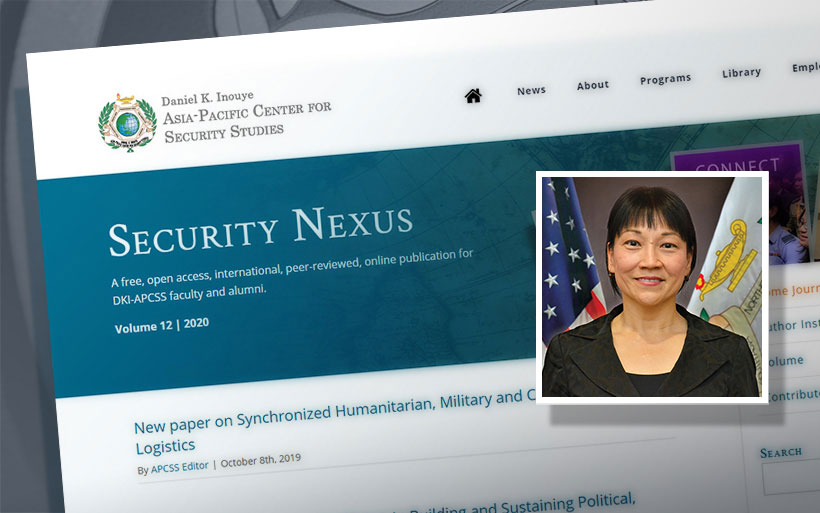Hindsight, Insight, Foresight: Thinking about Security in the Indo-Pacific.
As part of the Daniel K. Inouye Asia-Pacific Center for Security Studies 25th Anniversary, the Center created this publication, “Hindsight, Insight, Foresight: Thinking about Security in the Indo-Pacific,” to highlight important issues in the Indo-Pacific region. This book provides a tour d’horizon of the most consequential issues that are defining the global and regional security landscape in the Indo-Pacific. With hindsight, insight, and foresight in each of its chapters, the book offers a perspective to see this landscape in its dynamic making and re-making. Download the Digital Book Edited by Dr. Alexander L. Vuving, [...]








